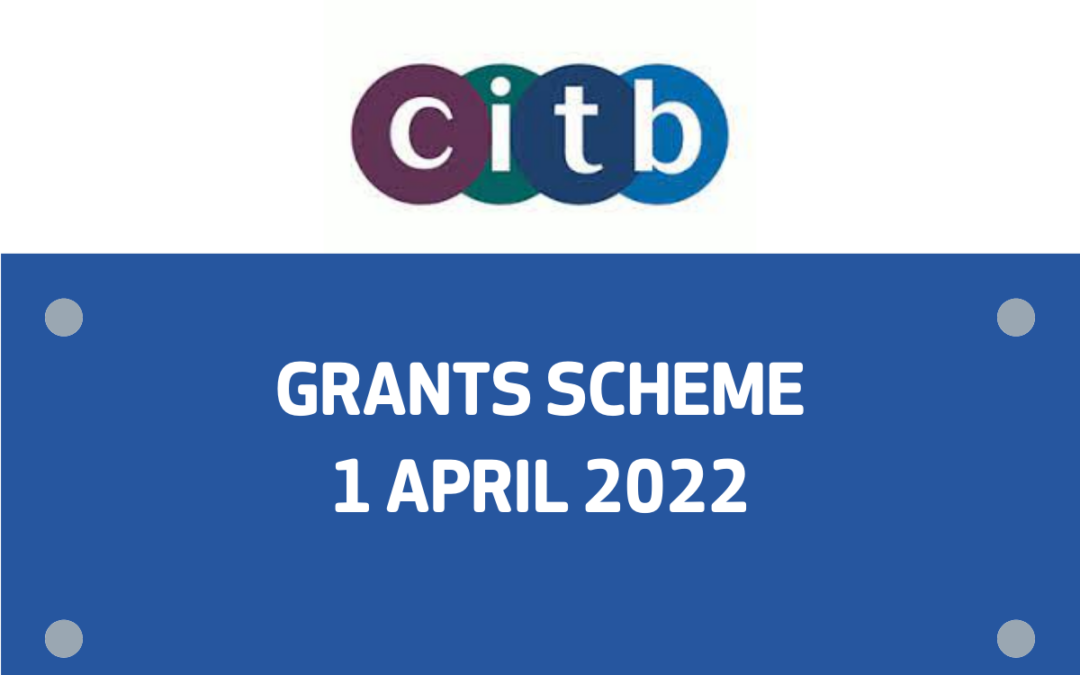
Working together to transform construction
The statutory review of the Duty to Report regulations published in April highlighted the ‘positive impact’ that Build UK’s benchmarking of payment performance has had across the sector, with Build UK contractor members now taking an average of just 32 days to pay invoices. Ahead of the Building Safety Act coming into force this week,the Working Group 2 report was delivered, benchmarking the competence requirements for six occupations identified as priorities for ensuring fire safety in buildings. Along with the CSCS Smart Check app launched in April, this represents a major step towards ensuring that individuals deemed competent have the appropriate knowledge, skills and training to undertake their role.
FIS Competency Passport
FIS has partnered with My Professional Pass to provide a platform where an individual’s competence can be stored digitally all in one place, and shared with employers or others that require proof of competence. The FIS Competency Passport is free to individuals and FIS members receive a substantial discount off the cost of the platform.





